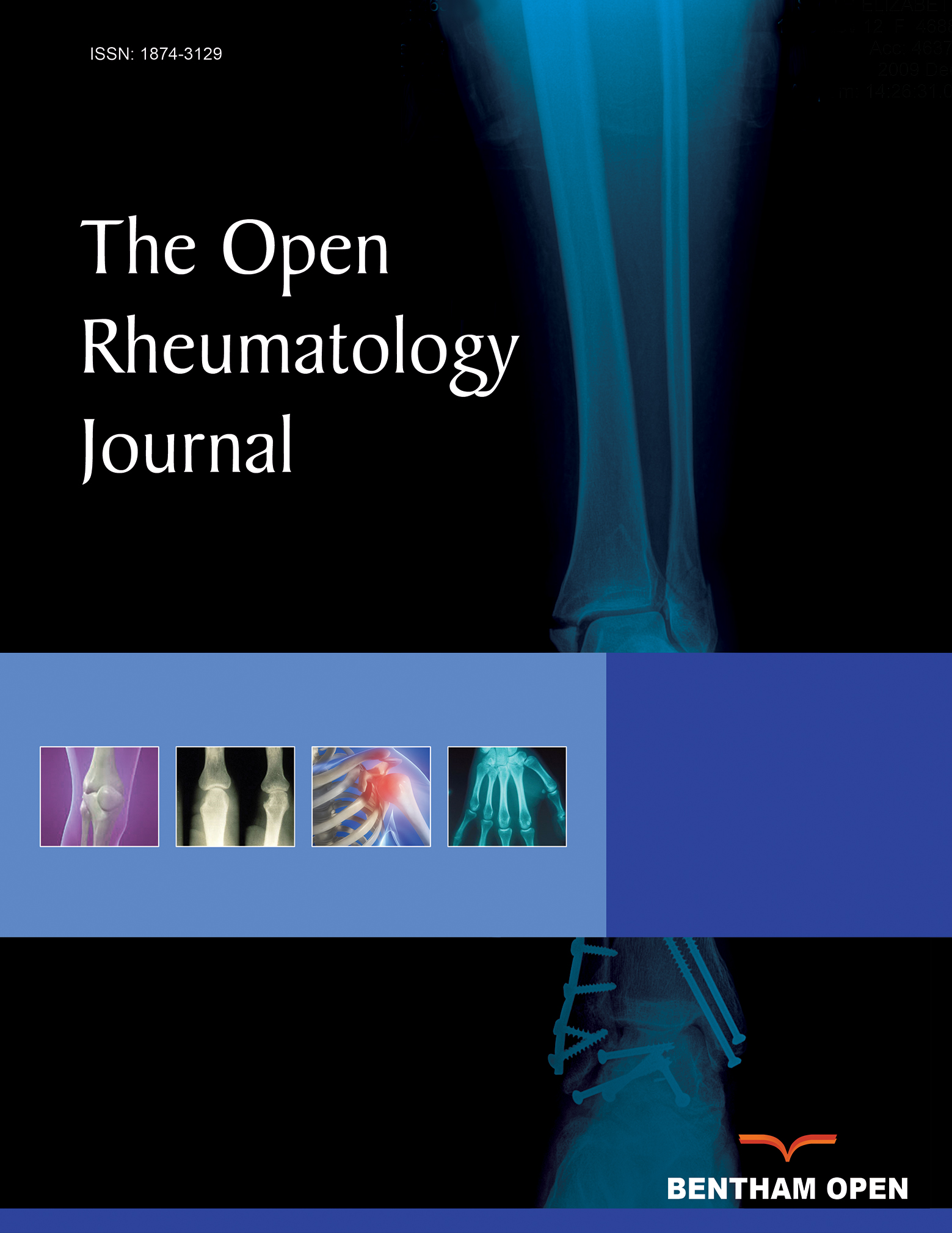All published articles of this journal are available on ScienceDirect.
Is the Deficit in Pain Inhibition in Fibromyalgia Influenced by Sleep Impairments?
Abstract
It has been proposed that a deficit in inhibitory conditioned pain modulation (ICPM) underlies the pathophysiology of fibromyalgia (FM), but there is high variability in ICPM efficacy in this syndrome that remains poorly understood. Based on emerging data showing that age, anxiety, depression and sleep can modulate ICPM efficacy, the main objective of this study was to determine the clinical correlates of experimentally-induced pain perception in FM. Fifty FM patients and 39 healthy controls (HC) were tested. Anxiety, depression, sleep and FM symptoms were measured with questionnaires or interview-type scales. Experimental pain testing consisted of two tonic heat pain stimulations separated by a 2-minute cold pressor test (CPT). Thermal pain thresholds and tolerance were higher in HC compared to FM patients. Pain ratings during the CPT were lower in HC relative to FM patients. ICPM efficacy was stronger in HC compared to FM patients. Finally, sleep quality was the only factor significantly related to ICPM efficacy. To our knowledge, this is the first study to report this association in FM. Future studies will need to replicate this finding, to determine whether impaired sleep is primary or secondary to deficient pain inhibition, and to characterize the neurobiological mechanisms underlying this association.


